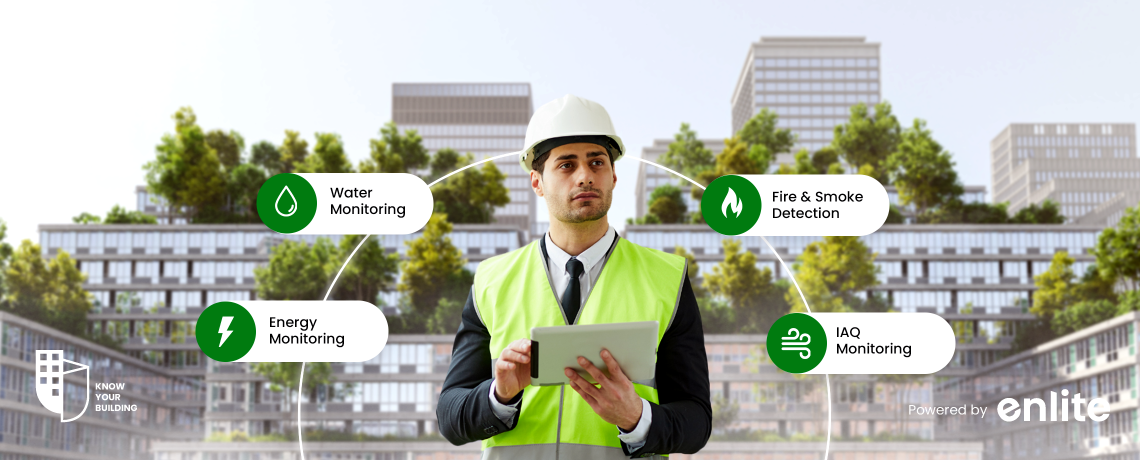The way we manage buildings is rapidly changing. To stay competitive and ensure a high-quality experience for occupants, it’s essential to be aware of the forces driving this transformation. Let’s dive into a few key trends making waves in the building management world:
1. Sustainability Takes Center Stage
- The Net-Zero Surge: Net-zero emissions targets are no longer just a concept. They’re pushing real-world investments in building retrofits to dramatically improve energy efficiency.
- Green Leases: Sustainability isn’t only about technology. “Green leases” are on the rise, where landlords and tenants agree on targets for energy, water, and waste management, ensuring shared responsibility.
2. Smart Buildings Aren’t Just Smart, They’re Predictive
- Predictive Maintenance is Key: Data-driven maintenance is replacing the old ‘break-then-fix’ model. Smart sensors and connected systems detect potential issues before they cause breakdowns, saving money and preventing disruptions.
- Automation with a Human Touch: While automation offers great potential, it’s important to remember that buildings exist to serve people. Technology must always be balanced with the needs, comfort, and experience of those using the building.
3. Monitoring Carbon Footprint
The shift towards hybrid work has implications for a building’s carbon footprint. Here’s why and how to manage it:
- Changing Energy Patterns: Hybrid models mean fluctuating heating, cooling, and lighting needs. Track energy consumption closely to identify inefficiencies.
- Commuting Impact: While reduced commuting is beneficial, consider the increased energy use of home offices for a holistic emissions picture.
- Embodied Carbon: When making changes to your space, prioritize sustainably sourced materials to minimize embodied carbon.
Tools for Monitoring:
- Smart Meters & Sensors: These tools provide real-time, detailed data on energy consumption patterns throughout your building. This information lets you identify areas of inefficiency and pinpoint opportunities to optimize usage.
- Carbon Footprint Calculators: Get a clear picture of your building’s environmental impact by estimating emissions. These calculators help you set sustainability goals and track progress towards reducing your carbon footprint.
- Building Management Systems (BMS): Modern BMS solutions go beyond basic control, offering powerful energy analytics and seamless integration with carbon footprint calculators. This centralized data gives you actionable insights to drive efficiency.
Building Management Evolves
Building management is becoming more strategic. It’s not just about ensuring things run day-to-day; it’s about sustainability, adaptability, and creating future-proof buildings that enhance how we work and live. Staying informed about these trends is key to success in the industry.
Your Partner in Smart Building Solutions
Enlite is at the forefront of these trends, offering innovative smart building solutions to help you optimize your facility management. From predictive maintenance to energy optimization, we provide the tools you need to create the buildings of the future.
- Reduce Operational Costs: Our solutions uncover hidden inefficiencies, helping you lower energy bills and streamline maintenance.
- Enhance Occupant Experience: Create comfortable, productive environments with intelligent control of lighting, temperature, and air quality.
Contact us to learn more!














